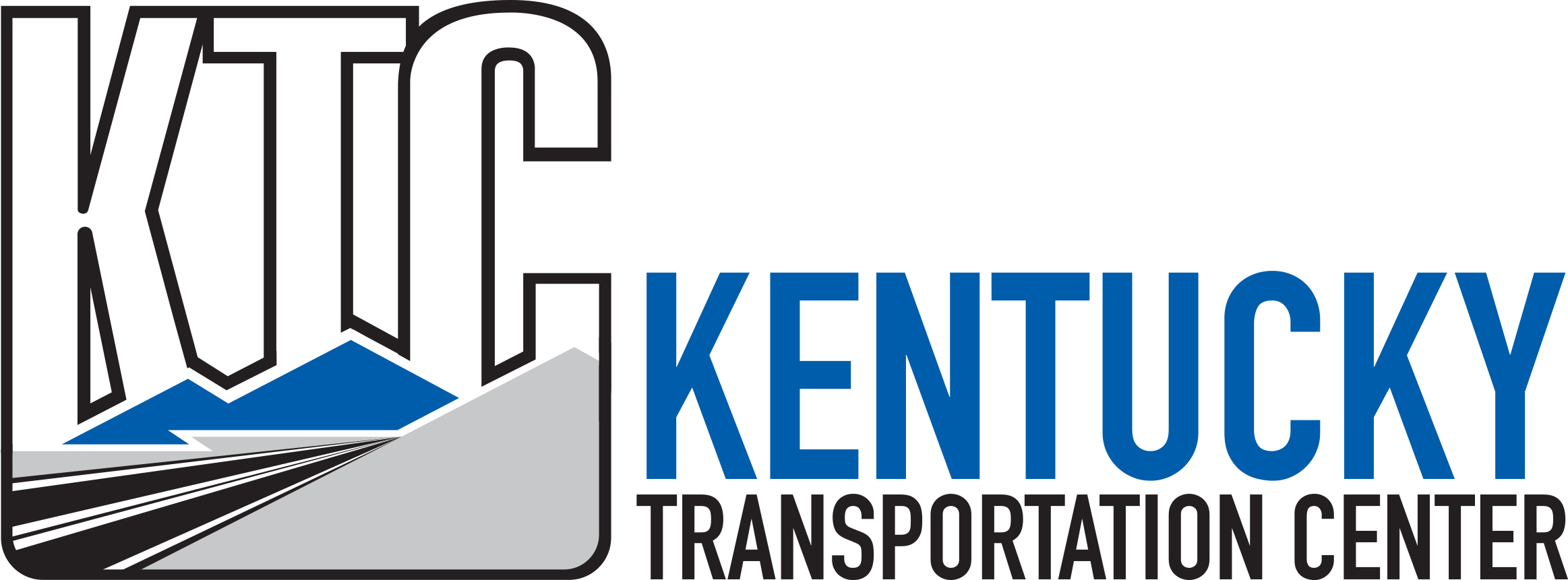Abstract
Executive Summary
Kentucky constitutional and statutory law requires that a fair process be in place to let a property owner challenge a condemnor’s right to acquire private property, including a right to appeal the initial decision. Property acquired by a condemnor must be for public use, and property owners have the right to an immediate and expedited hearing on right-to-take. Two of these requirements will remain in place regardless of statutory revisions: the requirement that property must be needed (i.e., not arbitrary) for public use, and the right to one appeal. Only an amendment(s) to the Kentucky Constitution would alter these requirements. The right to an expedited hearing is granted by statute and subject to statutory revisions. Most condemnation practitioners perceive the frequency of right-to-take challenges as holding steady, while other see them as increasing.
Attorneys report that most property owners make right-to-take challenges because they perceive the condemnor’s offer of just compensation as unfair. Attorneys also observe that property owners sometimes leverage challenges as a delay tactic or to minimize a project’s impact on their property. Kentucky has what the legal community considers a quick take approach to eminent domain, which means that the right to access and use property is obtained before a final determination is made on compensation. While a property owner is free to make right-to-take challenge or appeal an unsatisfactory decision of a challenge, Kentucky’s Eminent Domain Act and legal precedents require expedited trials and appeals of this issue. Additionally, condemnation practitioners currently have tools at their disposal to help prevent a challenge or overcome delays in resolving a challenge.
A range of solutions are available to improve the right-to-take process. For example, before identifying a parcel as requiring condemnation, preventative measures can be taken during right-of-way negotiations and must be implemented with Division of Right of Way agents working more closely with attorneys prior to. Other solutions can be adopted through more efficient record keeping during a roadway project’s planning and acquisition phases. Attorneys litigating these cases can leverage a number of legal tools, including the use of an Agreed Interlocutory Order and Judgment; dismissing suits and refiling them after a perceived deficiency has been corrected; a more informed understanding of stays with a selective use of supersedeas bonds, and Civil Rule 11 sanctions (imposition of attorney fees). Early right of entry agreements are also available. One strategy not fully available in Kentucky is a statutory requirement holding that the losing party pay attorney fees if a challenge is made. A condemnor can request — and has been awarded — attorney’s fees after a successful defense of a right-to-take challenge. However, the award is discretionary and will only be granted in the face of egregious conduct.
Compared to other states, Kentucky employs similar resolution methods (e.g., monetary settlements, plan changes). And its performance in resolving right-to-take challenges equals that of other states.
Report Date
6-2021
Report Number
KTC-21-11/KHIT136-1F
Digital Object Identifier
https://doi.org/10.13023/ktc.rr.2021.11
Repository Citation
Clay-Young, Pam; Waddle, Steve; and Gibson, Bryan, "Understanding and Efficiently Managing Right-to-Take Challenges in Kentucky" (2021). Kentucky Transportation Center Research Report. 1726.
https://uknowledge.uky.edu/ktc_researchreports/1726



Notes
© 2021 University of Kentucky, Kentucky Transportation Center
Information may not be used, reproduced, or republished without KTC’s written consent.
The contents of this report reflect the views of the authors, who are responsible for the facts and accuracy of the data presented herein. The contents do not necessarily reflect the official views or policies of the University of Kentucky, the Kentucky Transportation Center, the Kentucky Transportation Cabinet, the United States Department of Transportation, or the Federal Highway Administration. This report does not constitute a standard, specification, or regulation. The inclusion of manufacturer names or trade names is for identification purposes and should not be considered an endorsement.
An updated version (with the addition of Bryan Gibson as the third author) was made available on March 11, 2022.